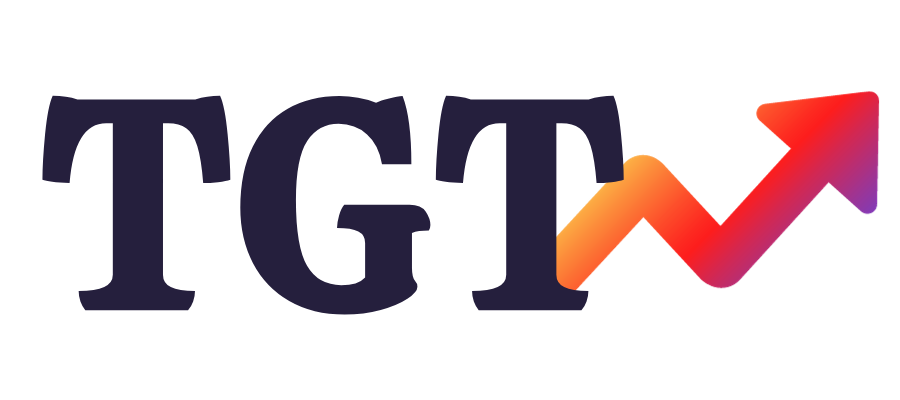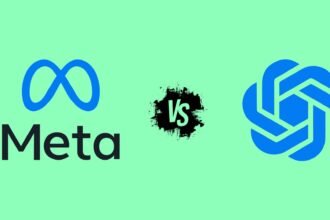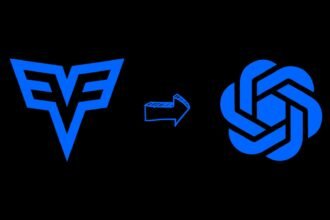Artificial intelligence, especially tools like ChatGPT, is making a big splash in office jobs, transforming tasks we once thought were safe from tech’s reach. From law and finance to medicine, AI is stepping in, speeding up how we work, and bringing new chances to improve.
But it’s not all smooth sailing. Along with the benefits, there are big questions about jobs, ethics, and how well AI really understands complex tasks. This shift is about more than just making jobs faster or cheaper.
It’s a complete change in the work world, blurring the lines between what humans and machines do. As AI reshapes our work, it’s crucial to remember that the goal isn’t to replace people but to pair human smarts with AI to make both even stronger.
The Dawn of AI in White-Collar Work
Artificial intelligence is reshaping jobs traditionally done in an office, signaling a significant change. These roles, once thought safe from automation, are evolving as AI enters the scene.
This isn’t just changing how we do tasks but also sparks a big discussion about our place in a work world increasingly run by AI.
How ChatGPT Will Destabilize White-Collar Work
ChatGPT and similar AI tools are causing a big stir in office jobs, bringing both new chances and challenges in many fields.

AI’s Role in Different Fields: Finance, Law, and Medicine
Finance: In finance, ChatGPT is making a huge difference. It’s improving how things work, spotting fraud better, and making customer service more personalized. Banks and financial companies need to adopt a tech-first approach, which is redefining the whole industry.
Law: ChatGPT is changing the game in law by handling tasks like checking documents and doing research much faster. Lawyers need to quickly adapt and ensure that the use of AI remains accurate and ethical.
Medicine: In healthcare, ChatGPT is a double-edged sword. It’s helping with medical records and patient care but also brings complex issues about privacy, ethics, and how well AI understands medical information.
Cost Savings vs. Job Displacement
ChatGPT and similar AI can save a lot of money and make things more efficient, but there’s a big worry about job security, especially in office jobs.
The fear is that AI might replace humans in routine tasks. However, the real goal of using AI is not to replace people but to support them. AI should work alongside human intelligence, making each stronger.
As we move forward, it’s crucial to focus on training and teaching new skills to the workforce. It’s not just about coping with AI changes but excelling in a world where AI and people work together and make each other better.
ChatGPT’s Role in the Workplace
ChatGPT, developed by OpenAI, is reshaping work as we know it, pushing the limits of what AI can do in the office. This AI, famous for its ability to chat, does more than just talk.
It’s skilled in managing data, talking to customers, and handling various office tasks.
ChatGPT’s arrival in office settings is not just about doing things faster or cheaper; it’s changing the nature of jobs, blurring the lines between tasks done by humans and those done by machines.
Automation of Routine Tasks
Bringing AI like ChatGPT into the mix to streamline day-to-day tasks is a game-changer, but it comes with its own set of issues. It stands for speed, accuracy, and cutting costs, revolutionizing business operations.
However, this tech advancement also raises a big concern – the risk to jobs. AI’s ability to efficiently take over routine and predictable tasks highlights the fragility of some jobs.
This not only shakes up the usual job market but also points out the need for strategies that focus on making the workforce flexible, like offering more training and opportunities to learn new skills. This ensures that people remain an essential part of the workplace as it evolves with more AI.
Conclusion
The rise of AI in white-collar jobs, driven by tools like ChatGPT, is a double-edged sword. It promises efficiency and cost savings but also brings concerns about job security and the future role of humans in a tech-driven workspace.
The key isn’t to resist this change but to embrace it, focusing on training and adapting to a world where AI and human intelligence complement each other. As AI takes on routine tasks, our challenge is to redefine the workforce, making it more flexible and skilled in new areas.
In this evolving landscape, the partnership between humans and AI doesn’t spell the end of human jobs but opens a new chapter where both work together, each enhancing the other’s strengths.









